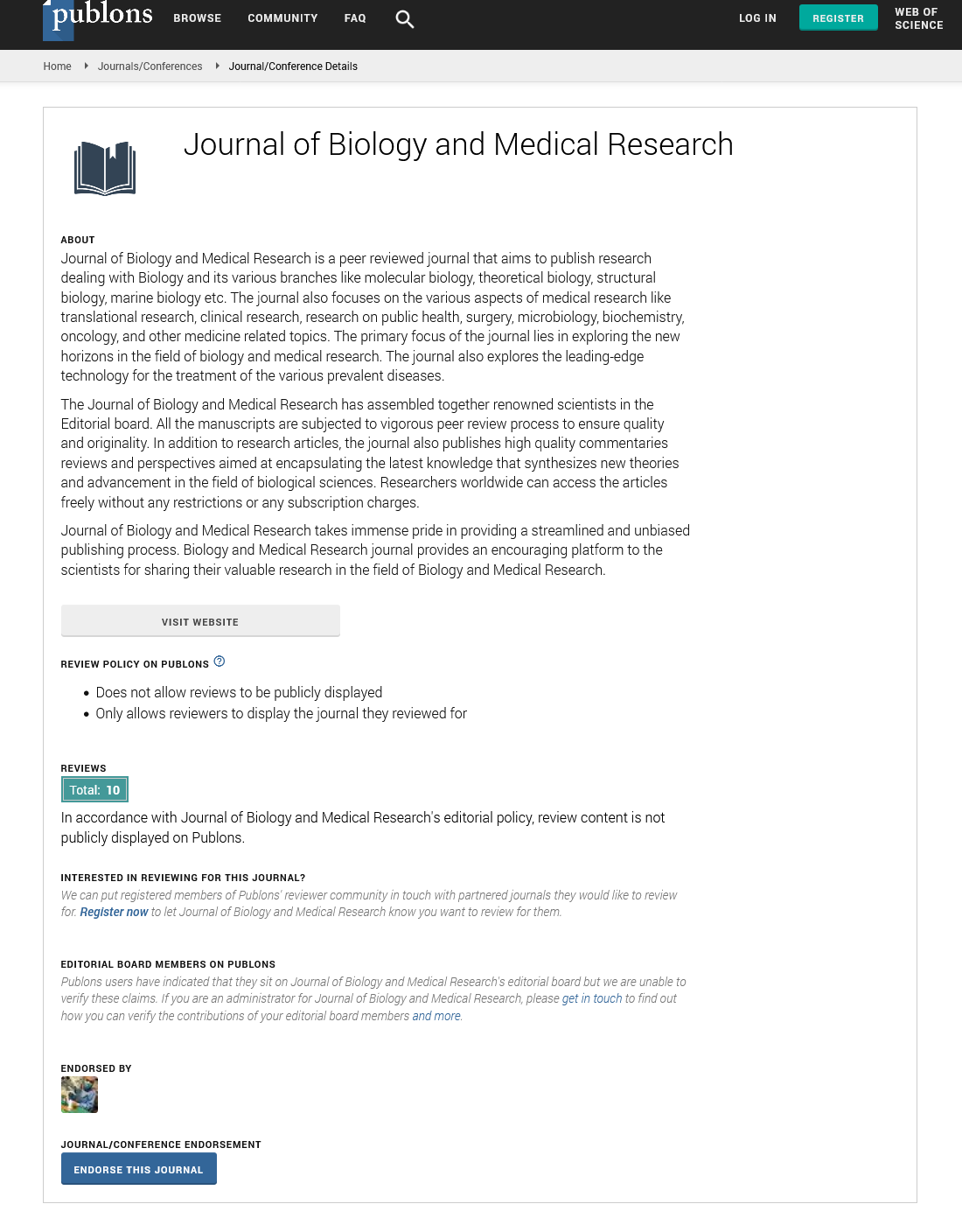Abstract
A Comparative Analysis of phytoremediation abilities of Biodegradable Filtrates and Azolla Fern in biofilteration of Heavy Metals
The ecological health of many river systems in India is threatened by numerous chemicals and waste discarded by industries such as the mining, milling, plating and surface finishing industry. As a result, concentration of toxic heavy metals is increasing at an alarming rate leading to non-biodegradability and bioaccumulation. This study was undertaken to better understand the heavy metal accumulation potential between biodegradable filtrates (banana, coconut, and tea leaves) and Azolla pinnata and to determine the ideal choice in bio filtration of Khan River water. Results showed that Azolla had a high potential for the removal of heavy metals from water resources as compared to biodegradable filtrates and it can be used in phytoremediation of heavy metals in environmental refinement projects. The pH of the water sample also came down after the treatment and was brought more towards neutral due to the absorption of the ions and other organic pollutants present in the water sample by Azolla.
Author(s): Charvi Gangwani
Abstract | Full-Text | PDF
Share This Article
Google Scholar citation report
Citations : 80
Journal of Biology and Medical Research received 80 citations as per Google Scholar report
Journal of Biology and Medical Research peer review process verified at publons
Abstracted/Indexed in
- Google Scholar
- Publons
Open Access Journals
- Aquaculture & Veterinary Science
- Chemistry & Chemical Sciences
- Clinical Sciences
- Engineering
- General Science
- Genetics & Molecular Biology
- Health Care & Nursing
- Immunology & Microbiology
- Materials Science
- Mathematics & Physics
- Medical Sciences
- Neurology & Psychiatry
- Oncology & Cancer Science
- Pharmaceutical Sciences
